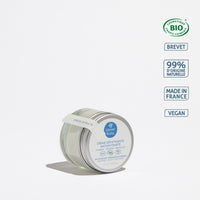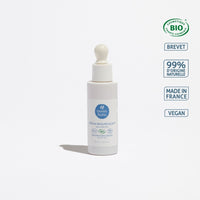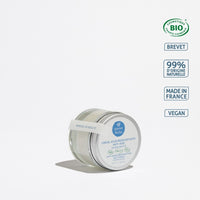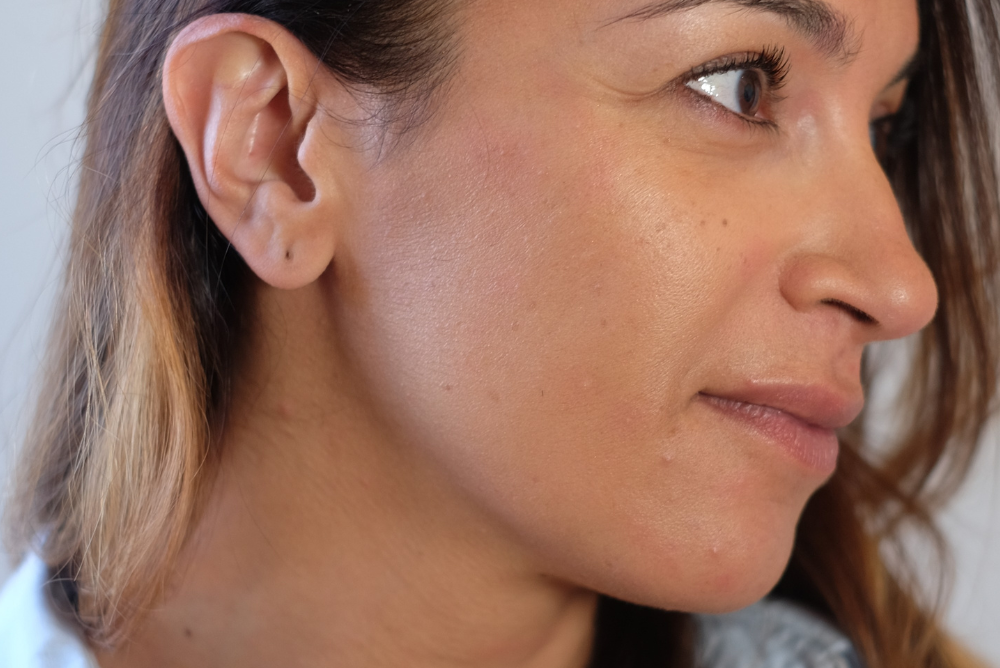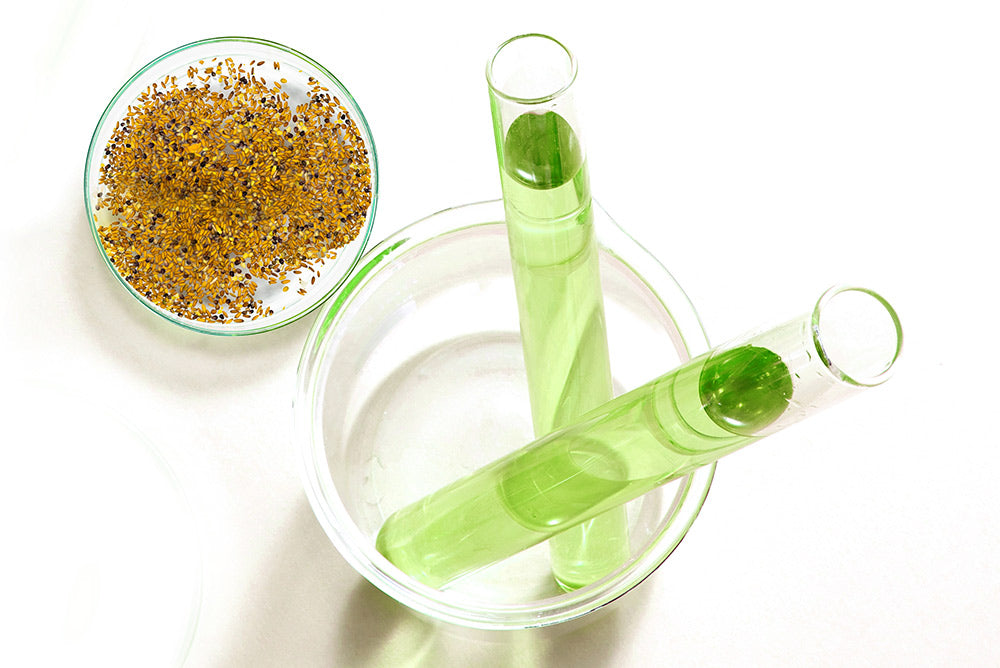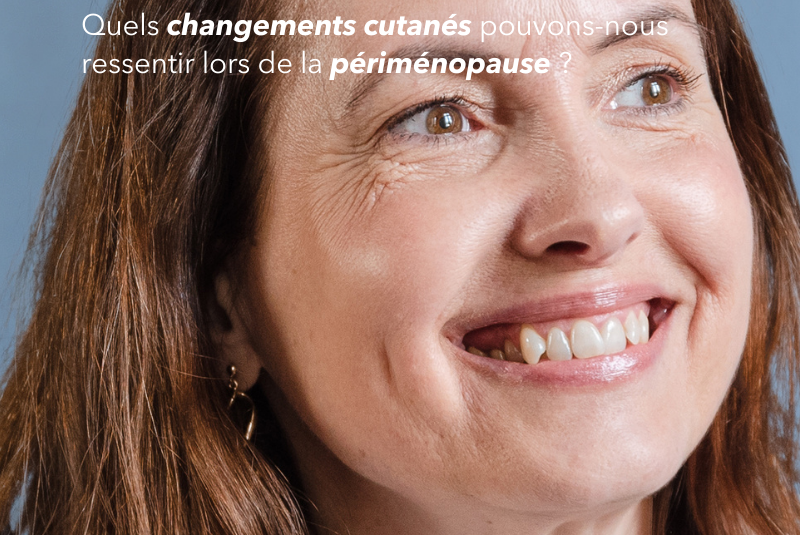
Understanding Perimenopause: How to Take Care of Your Skin and Body
Perimenopause is a crucial transitional phase for the body, marked by profound hormonal changes. This process, which precedes menopause, can begin as early as age 45, sometimes earlier or later depending on the individual. During this period, estrogen and progesterone levels fluctuate, impacting not only mood and energy levels, but also skin, body shape, and many other aspects of health. In this article, we offer a comprehensive guide to better understand perimenopause and tips to alleviate its effects.
Hormonal Changes and Symptoms
During perimenopause, the ovaries slow down the production of essential female hormones, leading to various symptoms that can vary from person to person. Among the most common are:
- Hot flashes : These episodes of sudden heat can be very uncomfortable and occur at any time.
- Sleep disorders : Hormonal fluctuations often disrupt the sleep cycle, making rest difficult.
- Irritability and mood changes : Hormones influence mood, increasing the risk of mood swings or depression.
- Fatigue and lack of energy : A drop in vitality is common during this period.
- Vaginal dryness : Caused by a drop in estrogen, this symptom can affect the quality of sexual life.
- Menstrual irregularities : Cycles often become irregular, until they stop completely at menopause.
- Skin changes : The skin may become drier, thinner, and less elastic.
- Loss of bone density : The risk of osteoporosis increases as estrogen levels decrease.
- Weight gain : A redistribution of fat is often observed, especially in the abdomen.
Impact of Perimenopause on the Skin
The hormonal changes of perimenopause also affect skin health. Here are the main effects to anticipate and tips for managing them:
- Dry skin : With the drop in estrogen levels, sebum production decreases, resulting in drier and sometimes irritated skin. It is recommended to use moisturizers rich in ceramides or hyaluronic acid to strengthen the skin barrier.
- Loss of firmness and elasticity : The decrease in collagen and elastin makes the skin more fragile, leading to sagging and the appearance of wrinkles. Skincare products rich in peptides or retinol can stimulate collagen production.
- Dull complexion : Reduced blood circulation and decreased sebum production can make skin appear duller. Using gentle exfoliants like AHAs (alpha hydroxy acids) can revive the complexion's radiance.
Diet and Physical Activity: Your Allies Against Perimenopause
Nutrition and physical exercise play a central role in alleviating the symptoms of perimenopause and maintaining a healthy body and skin.
Food :
A diet rich in essential nutrients can help rebalance your body.
- Fruits and vegetables rich in antioxidants : Consume foods such as berries, kiwis, broccoli and carrots to combat free radicals responsible for skin aging.
- Whole foods : Brown rice, quinoa and lentils are important sources of fiber and help regulate blood sugar, thus limiting cravings related to hormonal fluctuations.
- Quality proteins : Sardines, poultry and tofu provide proteins necessary for tissue regeneration and the preservation of muscle mass.
Physical activity:
Engaging in regular physical activity can not only help maintain a healthy weight, but also strengthen muscles and bones, and improve mood.
- Moderate endurance exercises : Brisk walking or swimming are perfect for stimulating circulation and heart health.
- Light weight training : By doing weight training exercises 2 to 3 times a week, you strengthen your bones and prevent bone density loss.
- Flexibility and balance exercises : Yoga and Pilates help maintain flexibility and balance, while reducing stress.
Skincare: Adapt Your Routine
During perimenopause, it's crucial to adjust your skincare routine to meet your skin's changing needs. Here are a few tips:
- Intense hydration : Opt for creams with natural oils to deeply nourish.
- Anti-aging serums : Formulas based on pastel proteins, collagen activators, or antioxidants are your best allies for strengthening firmness and preventing wrinkles.
- Sun protection : Protection against UV rays remains essential, as the skin becomes more sensitive to external aggressors. Use a broad-spectrum sunscreen daily.
- Gentle exfoliation : Regular use of scrubs or gentle chemical exfoliants such as AHAs helps to remove dead skin cells and restore a radiant complexion.
Stress and Sleep Management
Relaxation techniques
- Anti-stress activities
- Quality sleep : aim for 8 hours of restorative sleep per night
- Plants and Supplements
Herbal teas :
- Sage : reduces hot flashes
- Chaste tree : regulates hormones
- Red clover : relieves mood disorders
- Yarrow : anti-inflammatory
- Passionflower : improves sleep
Extras :
- Phytoestrogens : soy, red clover
- Magnesium : reduces anxiety
- Vitamin D : essential for bone health
- Omega-3 : anti-inflammatory
Conclusion
Perimenopause can be a destabilizing time, but it's also an opportunity to rediscover your body and take care of yourself. By adjusting your diet, incorporating an exercise routine, and caring for your skin, you can approach this stage with serenity and positivity. If symptoms become too intense, don't hesitate to consult a healthcare professional for personalized support.

